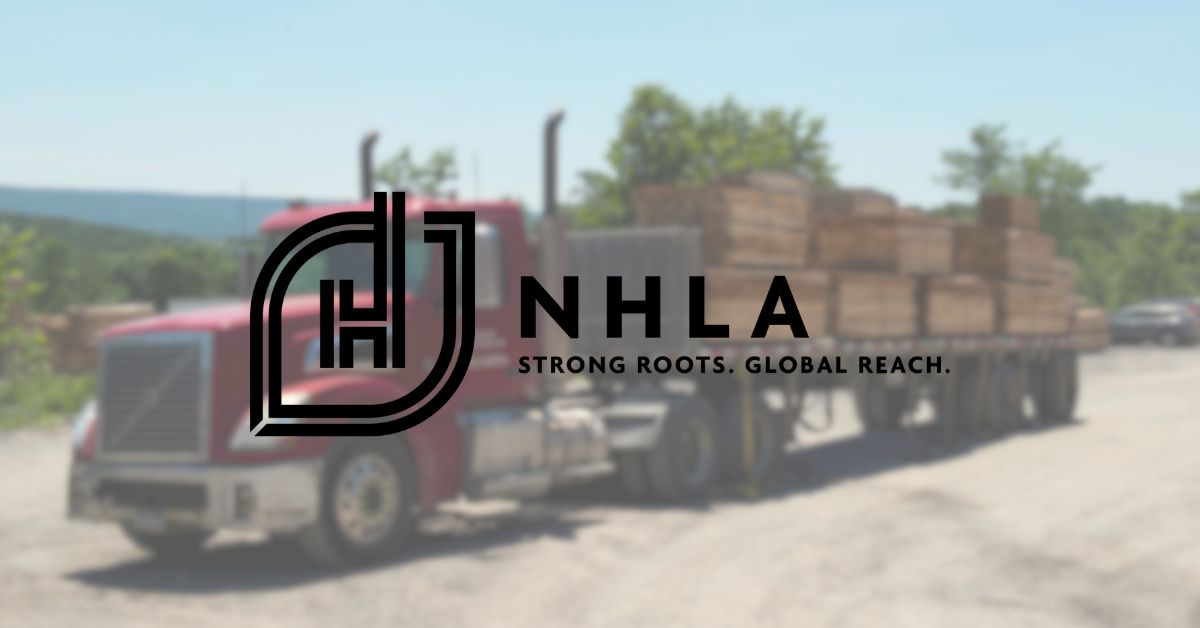Adapting Not Retreating — A Call for Constructive Advocacy
Our association was designed to be completely independent from the control and influence of the government. We are able to maintain this independence because we have established a complete system to create, maintain, update, educate, and regulate our own set of grading rules, including a sales code that protects both buyers and sellers. Unlike many other industries, the government does not explicitly regulate how we conduct the hardwood lumber business.
As an industry, we pride ourselves on our ability to function with minimal government support. We receive virtually no subsidies but must continually adapt our business practices to comply with OSHA, EPA, and Labor and Revenue Department regulations, which change regularly. With every new election, the U.S. Forest Service can alter its harvesting and timber management rules, directly affecting the availability of our forest resources. It’s a roller coaster ride, and we never seem to get off.
Last November, many in our traditionally conservative industry hoped a new administration would bring reduced regulation and a more favorable business environment.
However, just a few months in, we’ve experienced significant and unexpected impacts, particularly related to trade. The administration’s efforts to reshape international agreements through tariffs have created serious challenges in the hardwood log and lumber markets, introducing instability at a time when consistency is critical. In particular, the U.S. tariffs and China’s retaliatory tariffs were implemented so abruptly that there was minimal opportunity to complete transactions within the narrow window before they took effect. The scope of these tariffs changed dramatically within days. Shipments that weren’t placed on vessels early enough—or wouldn’t arrive before the deadline, were subject to tariffs well over 100%. In many cases, materials were already at the ports, but neither shippers nor customers could be assured that they would avoid the tariffs.
I can speak personally to the decisions we had to make, within a matter of three hours, on whether to cross our fingers and hope the material made it in time or face the reality that it could arrive with no one willing to pay the tariffs. Returning containers from the West Coast to the Midwest was costly, as was the option of selling them to a different country unaffected by the tariffs at a deeply reduced price. We chose a mix of both options, and only time will tell if we made the right decisions.
Although we’re an industry that generally prefers to avoid government involvement, the time has come for us to speak up and communicate directly with our elected representatives. We need to make it clear that we cannot afford to become casualties in another trade war. Lawmakers must provide relief for an industry that has contributed to reducing the U.S. trade deficit for decades. We didn’t create this chaos—our government did—and it is their responsibility to fix it. I’ve spoken personally with my U.S. representative, and I encourage all of you to do the same.
I recognize that some NHLA members support these trade policies, and I respect the range of perspectives within our community. But for many businesses, the effects have been disruptive and difficult to navigate. But for those of us who are experiencing real pain, we’re now questioning whether survival is possible.
Hopefully, by the time this article is published, the chaos will be behind us, and we can return to prosperity.
Note: This article was written in April, and the situation is fluid. As developments continue to unfold, the information and perspectives shared here may evolve.
Bucky Pescaglia
NHLA Chairman | Missouri-Pacific Lumber Co., Inc.
Share:
Related News & Blog

June 1, 2025

June 1, 2025
Questions?
Have questions or need any assistance regarding the NHLA Annual Convention & Exhibit Showcase?
